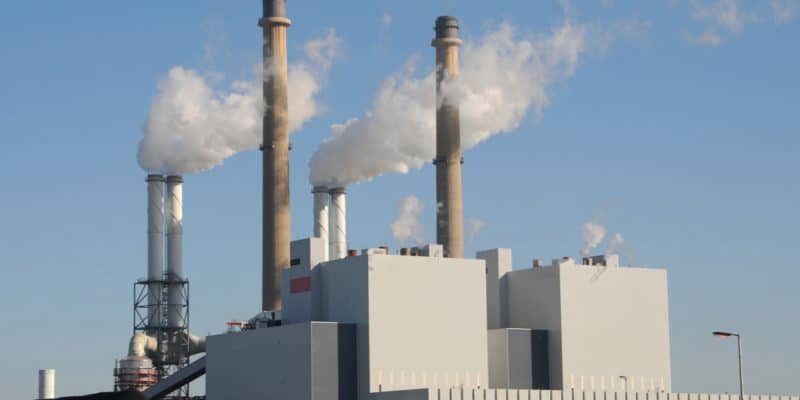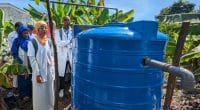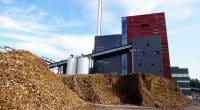The ELB-CC consortium has started construction of a biomass power plant in Mpumalanga in eastern South Africa. In the coming years, the plant will be able to produce 25 MW of electricity.
Ngodwana Energy Limited, a private producer in South Africa, has just officially launched the construction of a biomass power plant in the Ehlanzeni district of Mpumalanga region in the east of the country. The company which is the concessionaire for the project has entrusted the work to ELB-KCC, a consortium composed of ELB Engineering Services Ltd, to ELB Group Limited’s subsidiary, KC Cottrell Co. Ltd (KCC) and ELB Educational Trust.
The Engineering, Procurement and Construction (EPC) contract, which has been signed, stipulates that the Korean company KCC will provide a boiler, a turbo generator, an air cooler and an air pollution control system. ELB, a supplier of technological solutions in several construction sectors, will carry out the civil engineering works, fuel handling and site assembly. ELB Educational’s task is to work with local communities on the economic development opportunities offered by the project.
On site, presently, ELB is clearing, carrying out geotechnical drilling, developing access roads and connecting construction services to water, electricity and a sewer system.
A project co-financed by Absa
ELB is also in charge of the construction of a biomass storage unit, a power plant and a line that will transport energy from the plant to the national grid. The project will produce 25 MW, which will be purchased by Eskom, the company responsible for electricity distribution in South Africa. It is part of the South African Government’s Renewable Energy Supply to Independent Producers (Reippp) Programme. The objective is to encourage independent renewable energy producers to invest in South Africa.
For the biomass power plant in Mpumalanga, Ngodwana Energy will invest $89 million. The financing will come from Absa, a South African bank currently at the forefront of the energy sector, and Nedbank, based in Johannesburg. These two financial institutions will support 75% of the total amount required to build the plant; a loan that the concessionaire must repay over a period of 20 years. The remaining 25% is paid directly by Ngodwana Energy.
Jean Marie Takouleu







